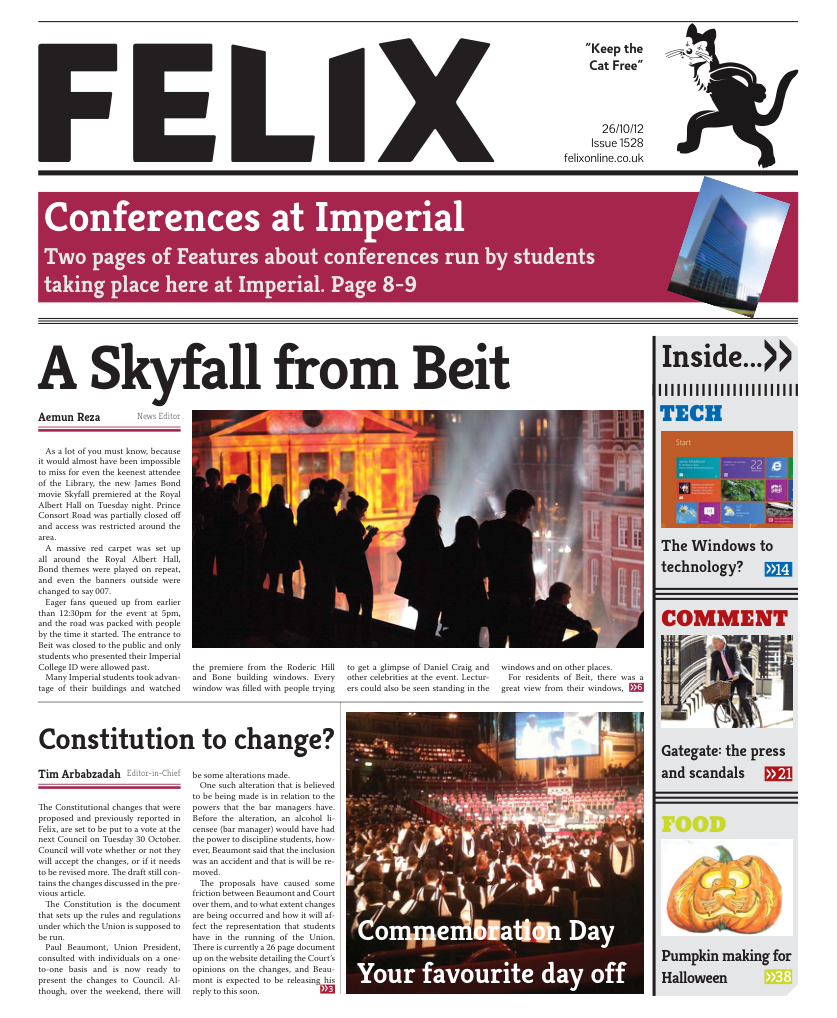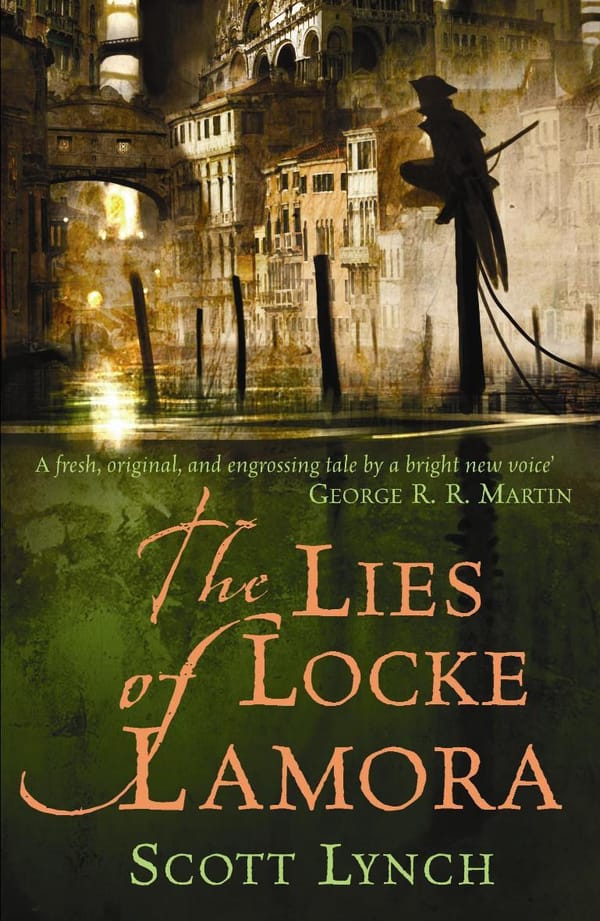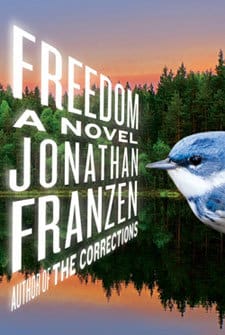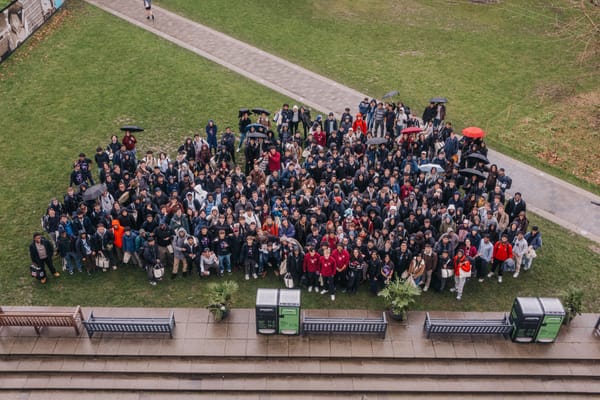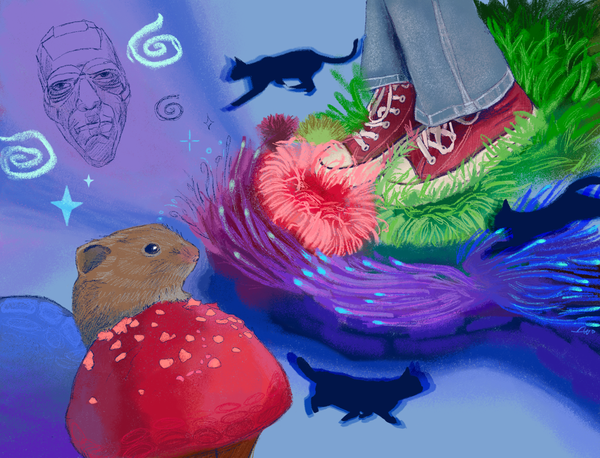Arthur Charles Clarke
Maciej Matuszewski talks about one of his favourite authors
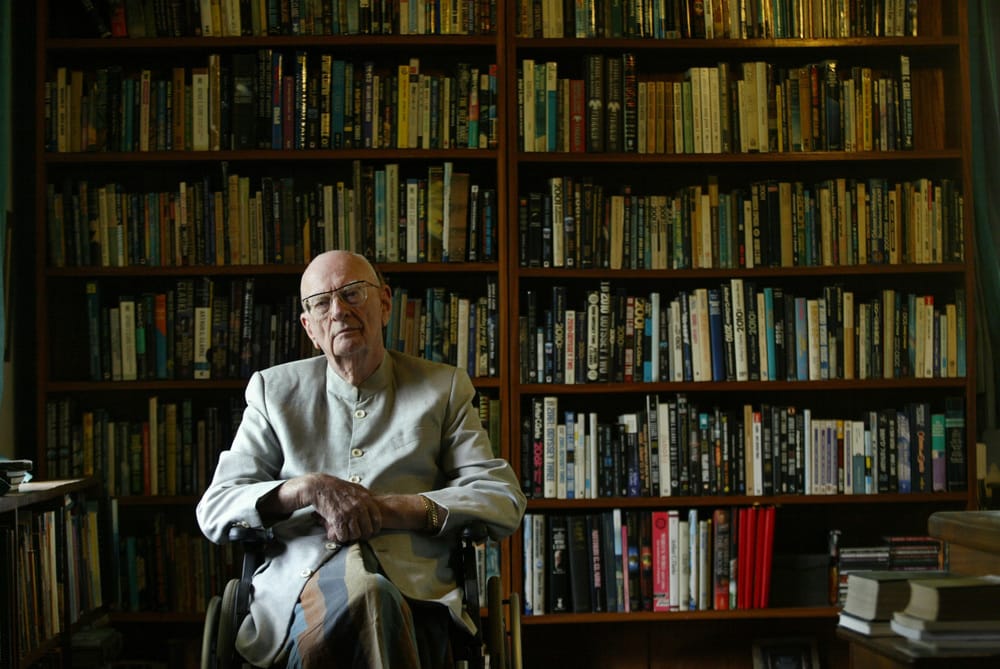
It’s no secret that Arthur C Clarke is one of my favourite authors of all time. Born in 1917 he is often considered, alongside Isaac Asimov and Robert Heinlein, as one of the Big Three authors of Golden Age science fiction.
He had a brilliant imagination yet always constrained himself to the realms of the scientifically possible. He used his lifelong interest in science and technology (he served in World War Two as a radar specialist and later obtained a degree in mathematics and physics from King’s College London) to paint a vision of the future that even now often remains wonderfully plausible. As a result his work is often beloved by scientists and engineers.
As with many of his contemporaries, his work has often been criticised for its poor characterisation. While this is indeed a problem in some of his novels, most notably in The City and the Stars, the fact is that in most of his work the focus is not necessarily meant to be the individual characters but rather how humanity adapts to new technologies and unforeseen situations that the future may bring. There is a wonderful optimism in Clarke’s work that, by coming together, humanity will eventually prevail — whether in the face of disaster, as in The Songs of Distant Earth, or simply the unexpected, as in Rendezvous with Rama. This is an outlook somewhat reminiscent of that of Gene Rodenberry, though Clarke did seem to be somewhat less naïve in his views of the future than the Star Trek creator. There are no easy utopias in Clarke’s work — just an attitude that, though we will make mistakes from time to time, we will probably make it through in the end.
Clarke’s writing style is somewhat old fashioned and certainly not for everyone. It’s not the sort of thing that I would want to read every day, but I do believe that it is good writing and can serve as some, for lack of a better phrase, ‘light relief’ from the grittier and more conflict driven fiction popular today.
One also cannot forget Clarke’s contribution to the popularisation of science. Not only did his fiction inspire generations of scientists and engineers, he also wrote numerous non-fiction books and essays exploring the possible applications of new technologies. He was the first to suggest using geostationary satellites for communication and popularised Konstantin Tsiolkovsky’s ideas for a space elevator. Arthur C Clarke died on March 19 2008 and he will certainly be remembered for many years to come.

